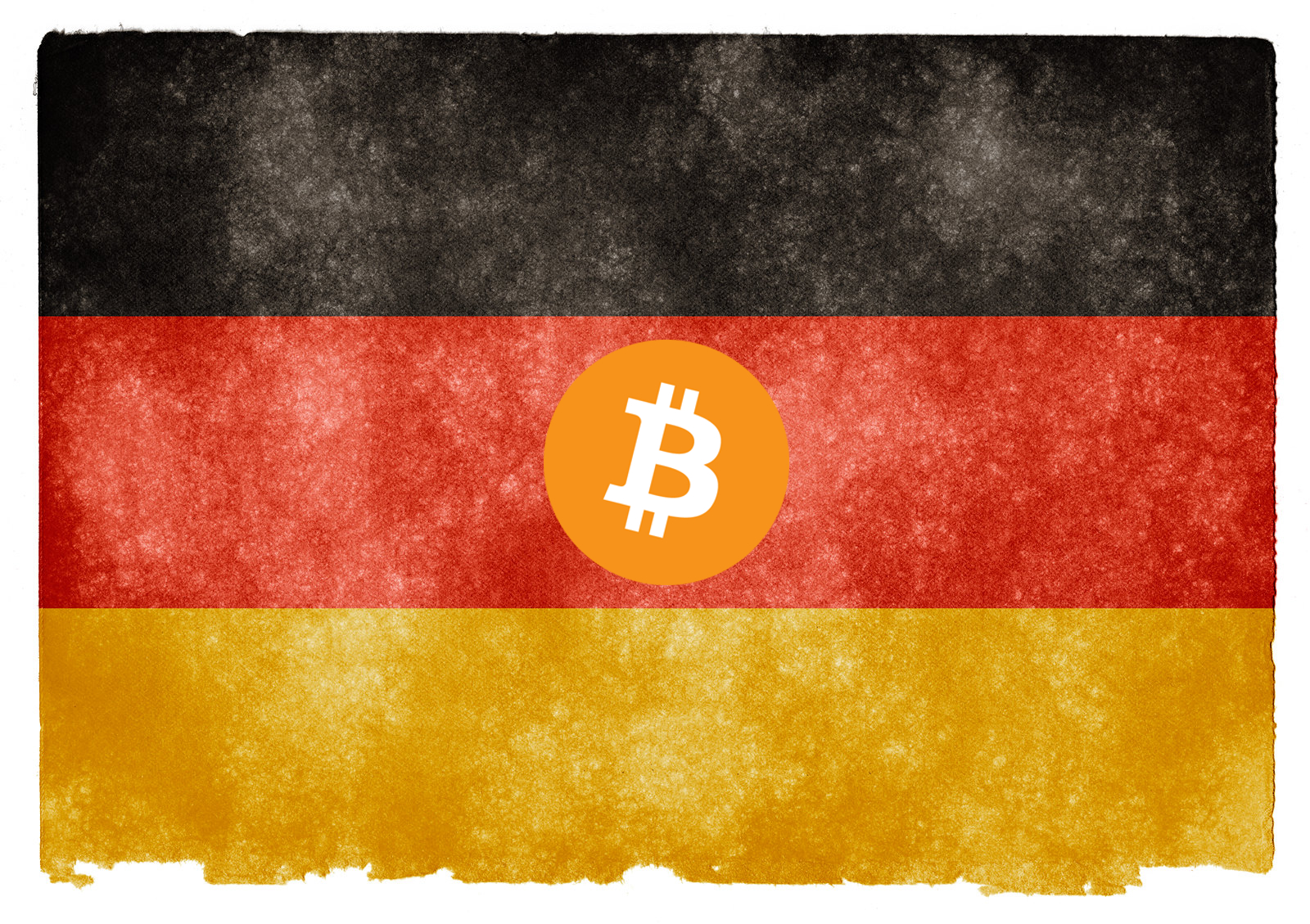New law brings Bitcoin (BTC) to every German bank

New law brings Bitcoin (BTC) to every German bank
Over 40 banks want to trade Bitcoins
According to a draft law that has already been passed by the Bundestag, banks in Germany will be allowed to offer crypto-currencies without restriction from 2020.
The so-called separation requirement, which had been in an earlier version of the draft law, was deleted. According to this, the banks would have had to resort to external companies or subsidiaries for their crypto business.
As things stand at present, this will no longer be necessary. Instead, bank customers will be able to buy Bitcoin (BTC) and Co. easily in online banking.
More than 40 banks want to use the new legal situation in Germany to trade and store crypto currencies.
Since 01 January 2020 a new
Money Laundering Act in force, which no longer only allows banks to sell classic securities such as bonds and shares. Digital assets such as crypto currencies can now also be offered and held by banks.
Ethereum Bitcoin and Co. are thus available to customers via the well-known online portals at the push of a button. In order to be allowed to operate the new business field, a permit from the Bafin is required.
Companies that have already been active in this field have deadlines until the end of November 2020, but they must report their business to Bafin by the end of March 2020.
Frank Schäffler, member of the Bundestag for the FDP, is enthusiastic about the interest from the banks.
“The market is growing faster than the Federal Ministry of Finance predicted. This is both a blessing and a curse. The high demand for crypto-safe licenses shows that companies are increasingly adopting block-chain technology, but it is also a result of the new legislation.”
The information that the Bafin received so many expressions of interest came from government circles. These also welcomed the development. It is assumed that the milder laws will enable serious providers to come to Germany.
Solarisbank is one of the first banks that will operate the crypto business. A subsidiary, Solaris Digital Assets, was founded specifically for this purpose. The new technology is being used there.
Michael Offermann, head of the crypto institute explained:
“Digital assets will fundamentally change the financial market. Once it becomes easier to buy and hold Bitcoin and Co., we expect to see strong growth.”
New money laundering law also protects against dubious offers
Many dubious providers have engaged in fraud and rip-offs in the slipstream of the success of crypto currencies. This is now made considerably more difficult by the new money laundering law. Ponzi systems such as Plustoken for example must now also obtain permission from the Bafin.
However, such a provider will not get this. This makes it easier for the investor to distinguish serious from dubious offers. This should give the crypto sector a better image in the long term. Since the crypto market has started strongly in the still young year 2020, one can be curious how the situation in Germany for Bitcoin and Co. will develop in the near future.

